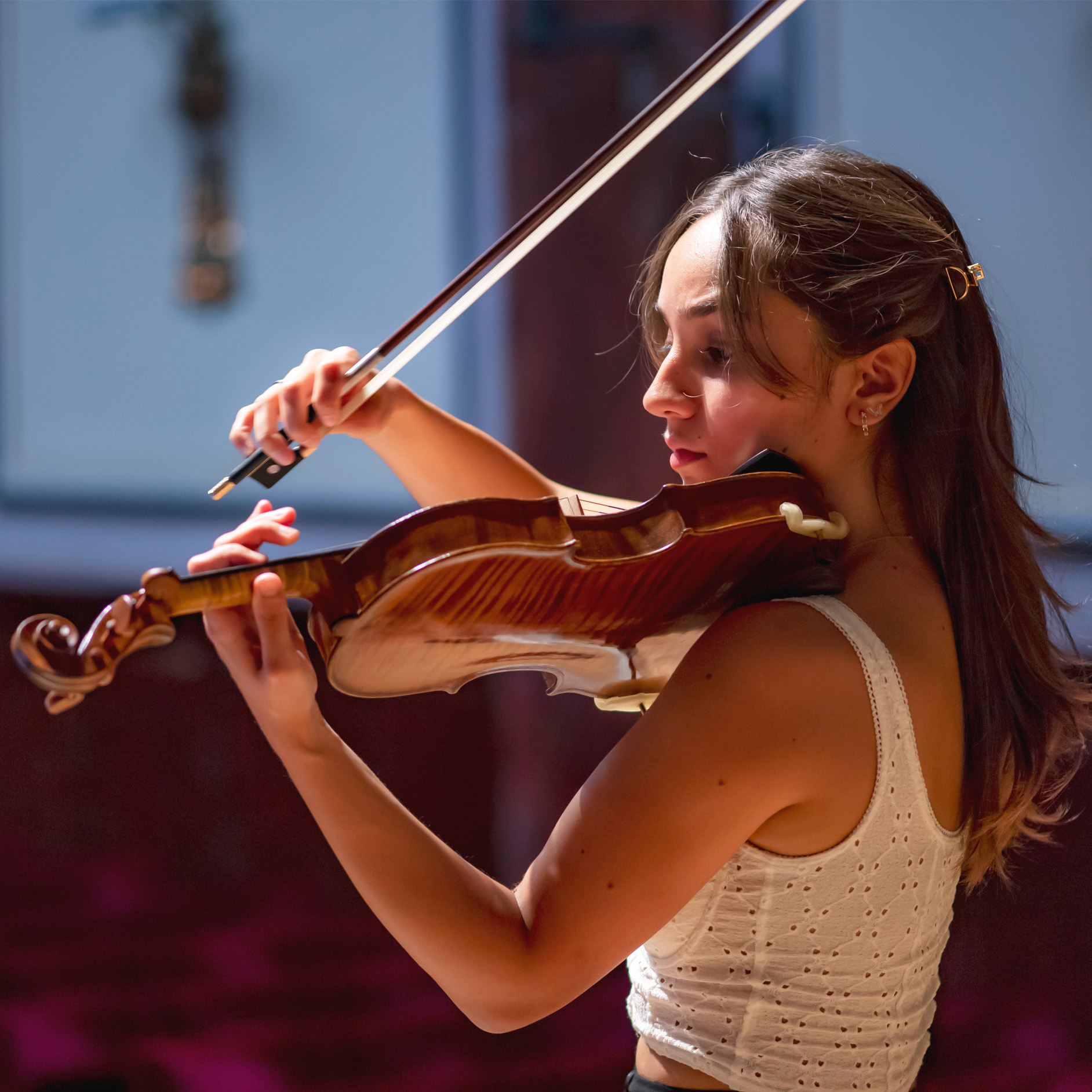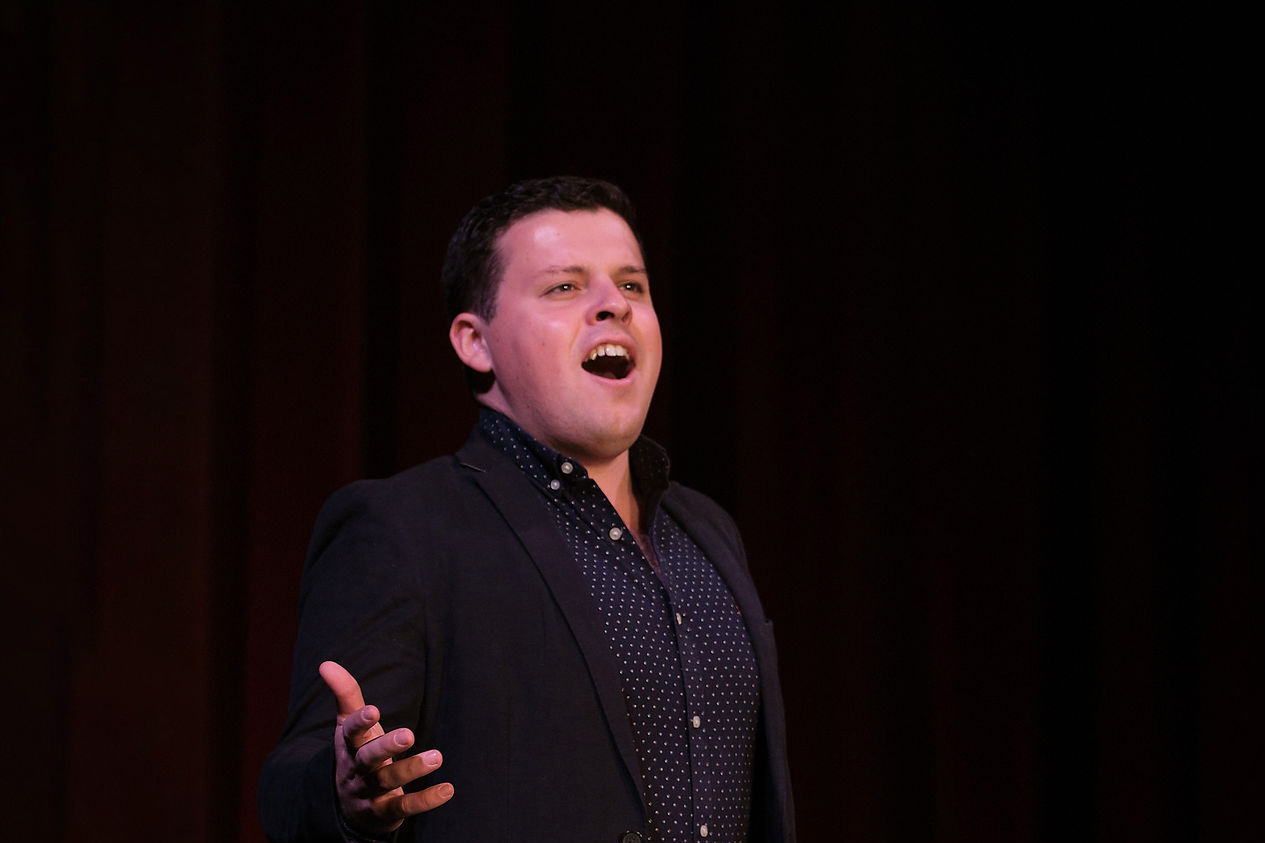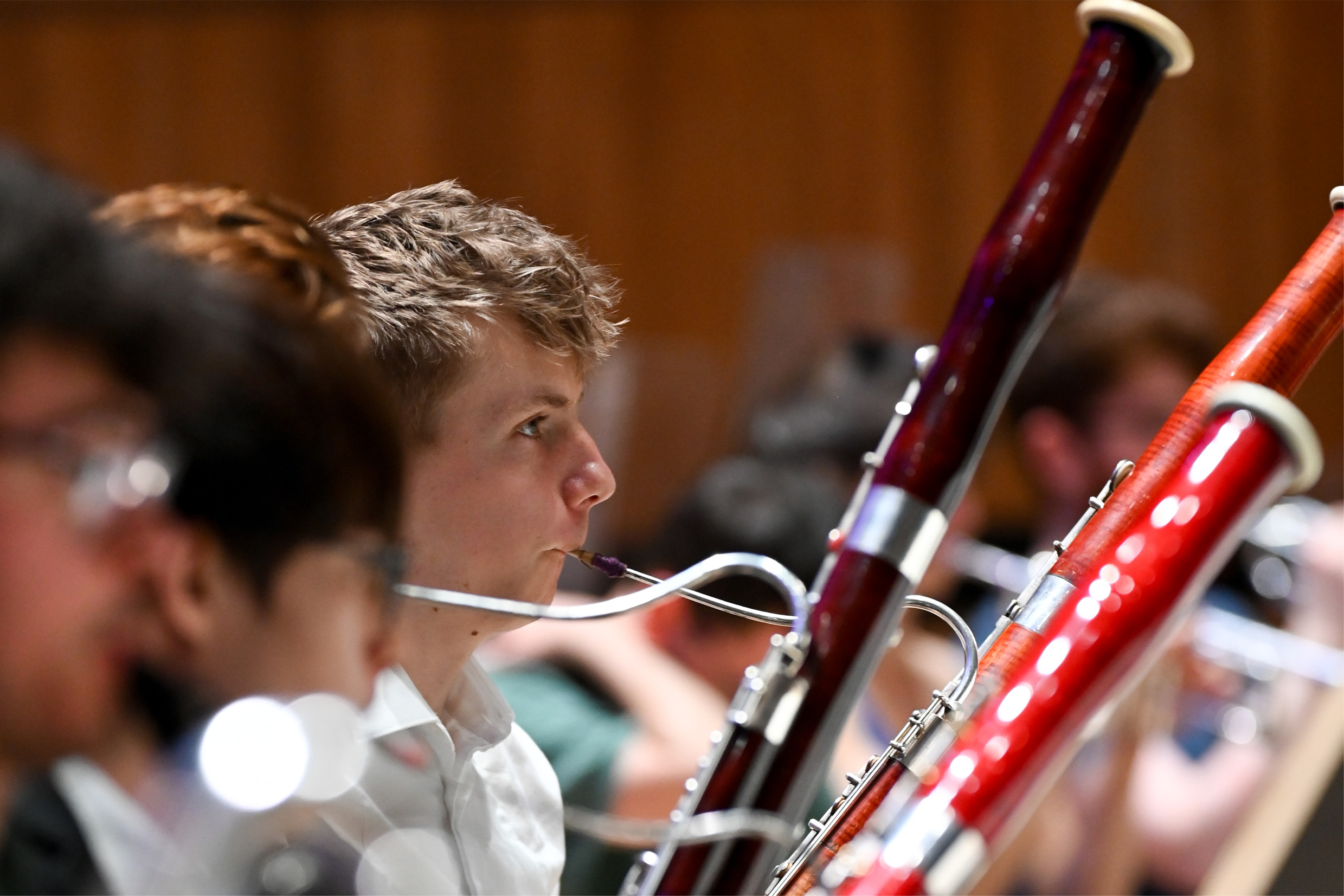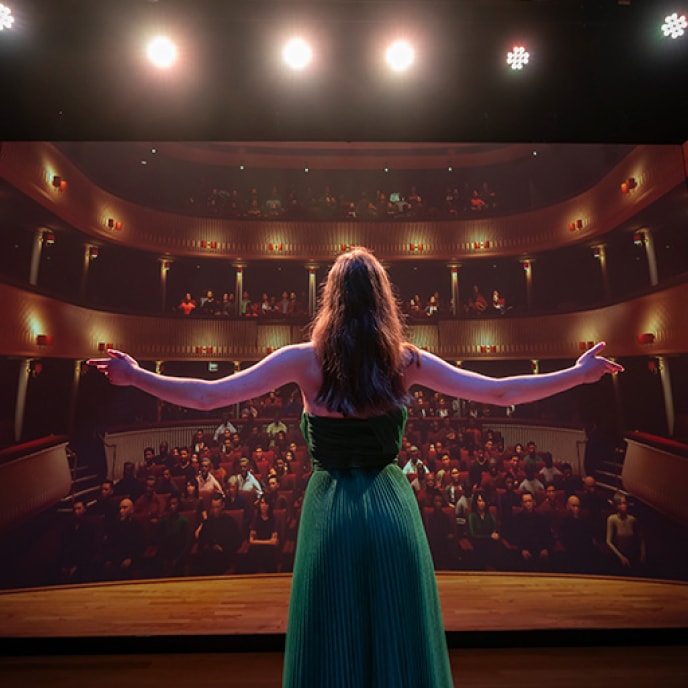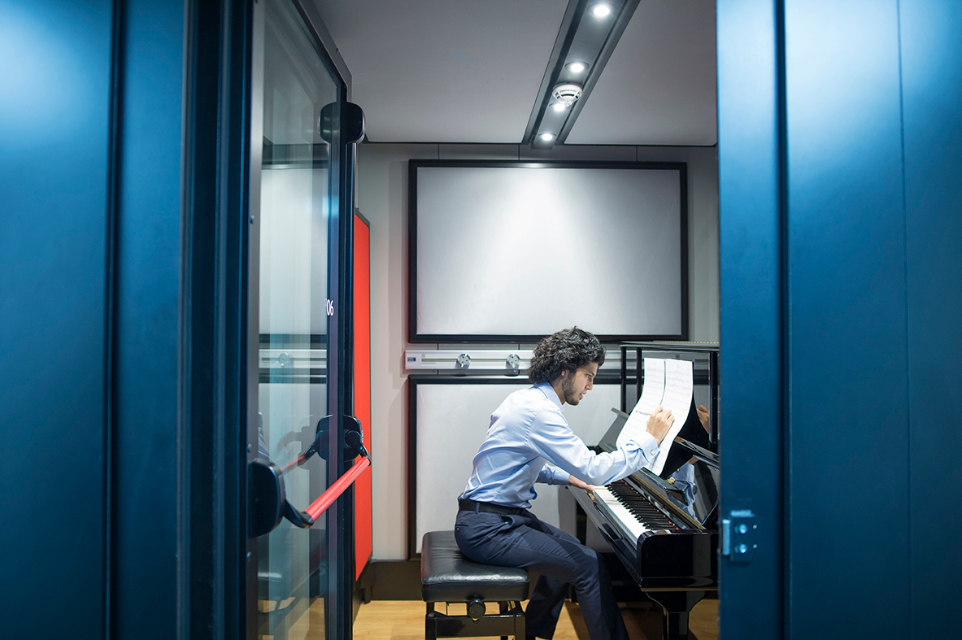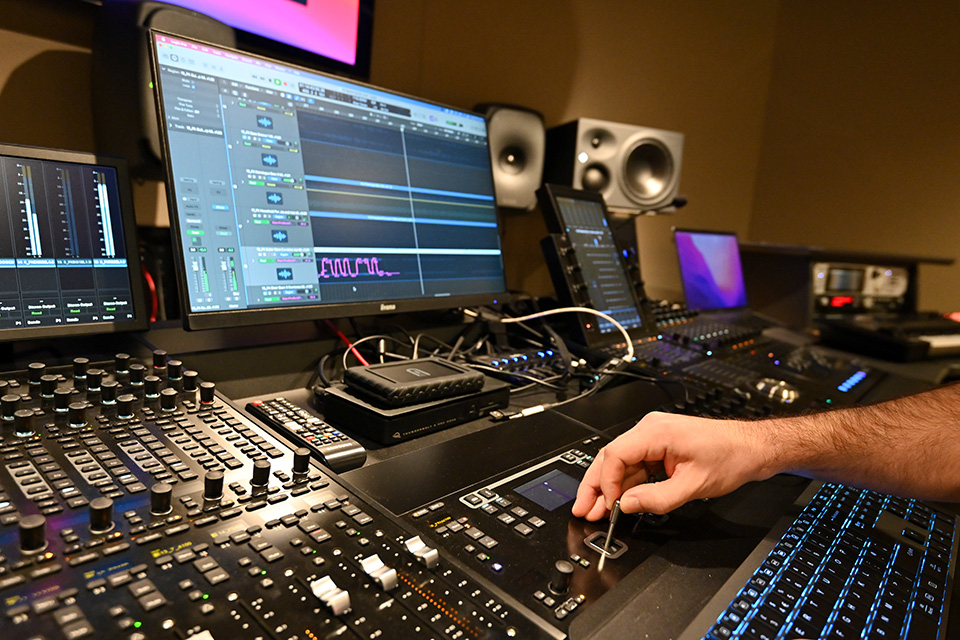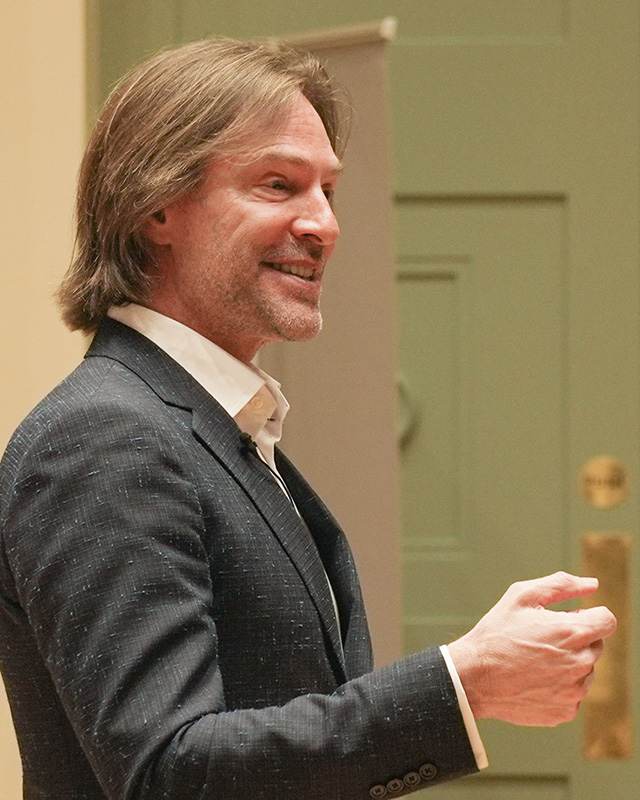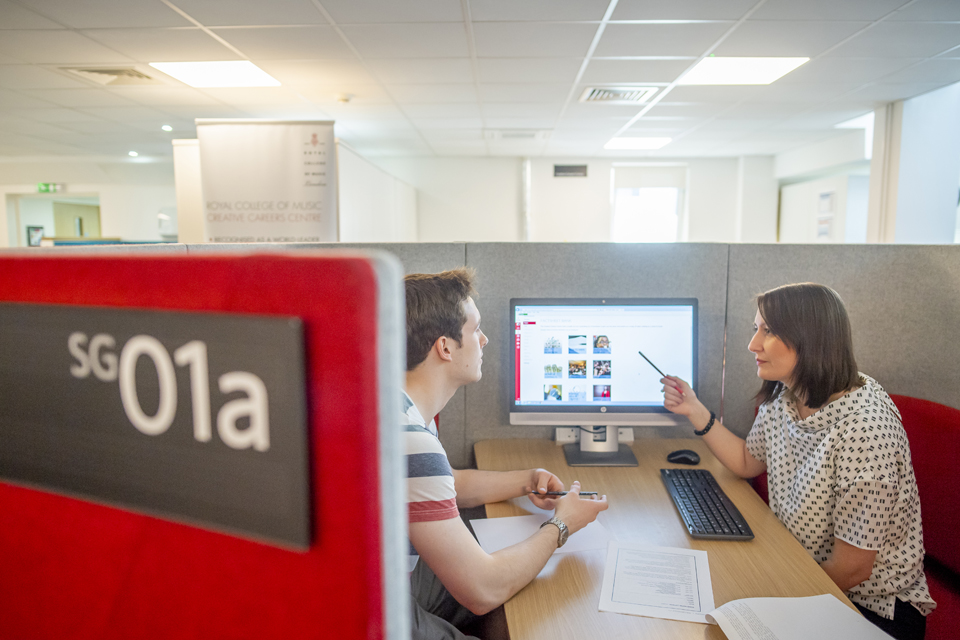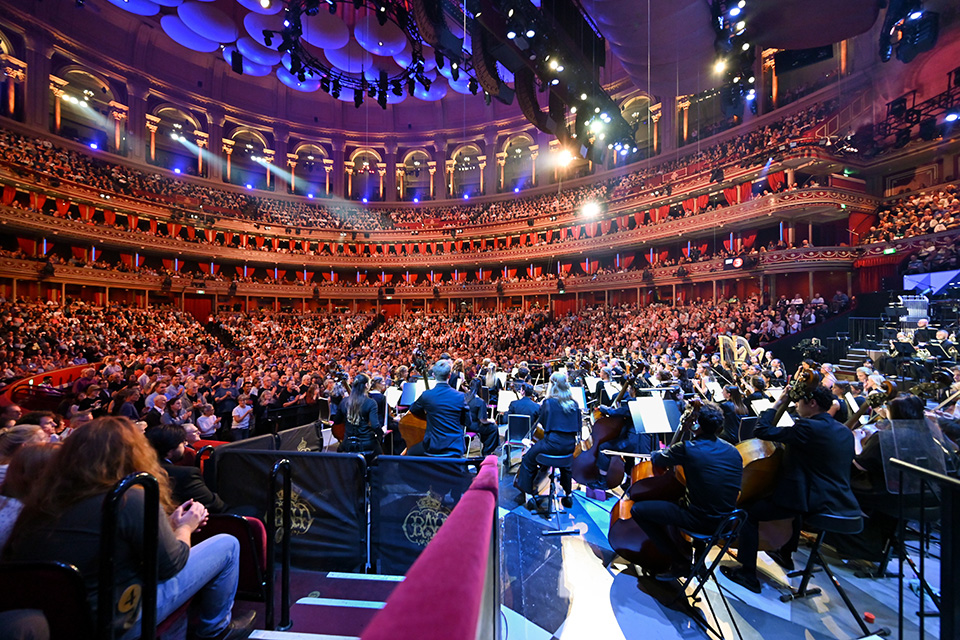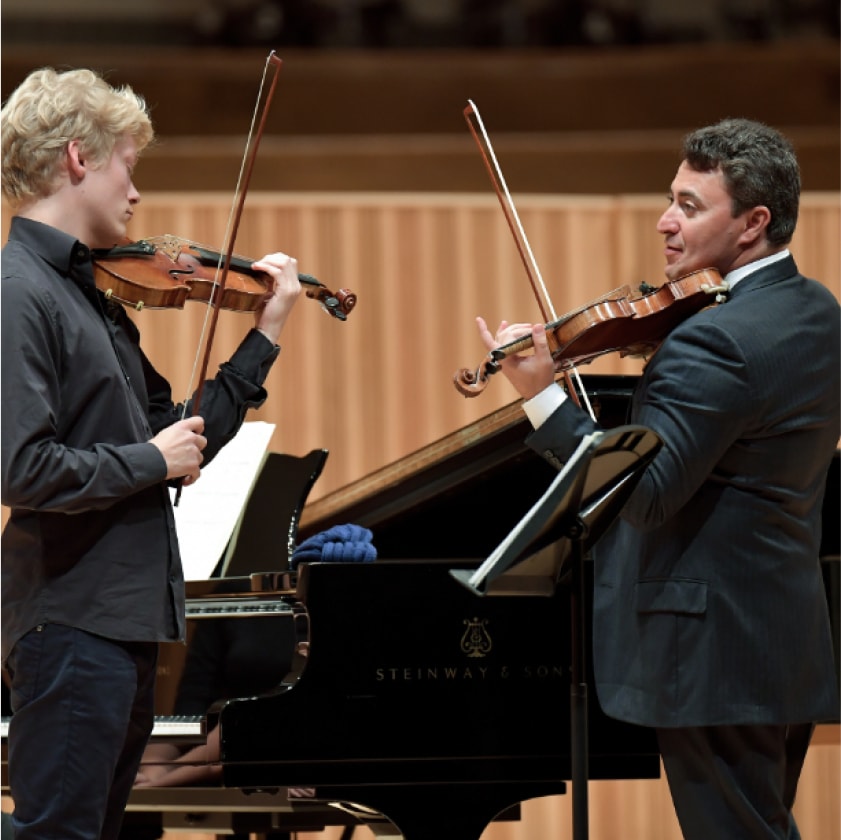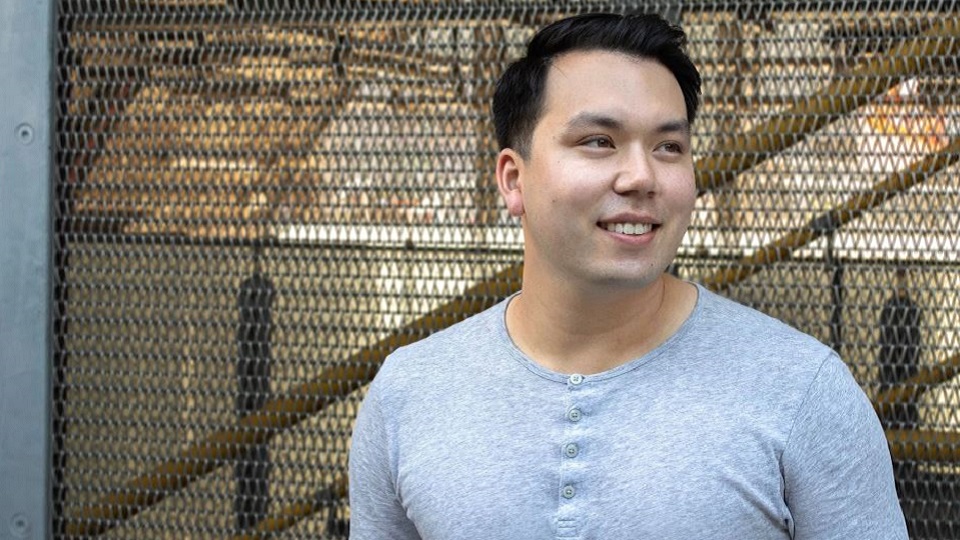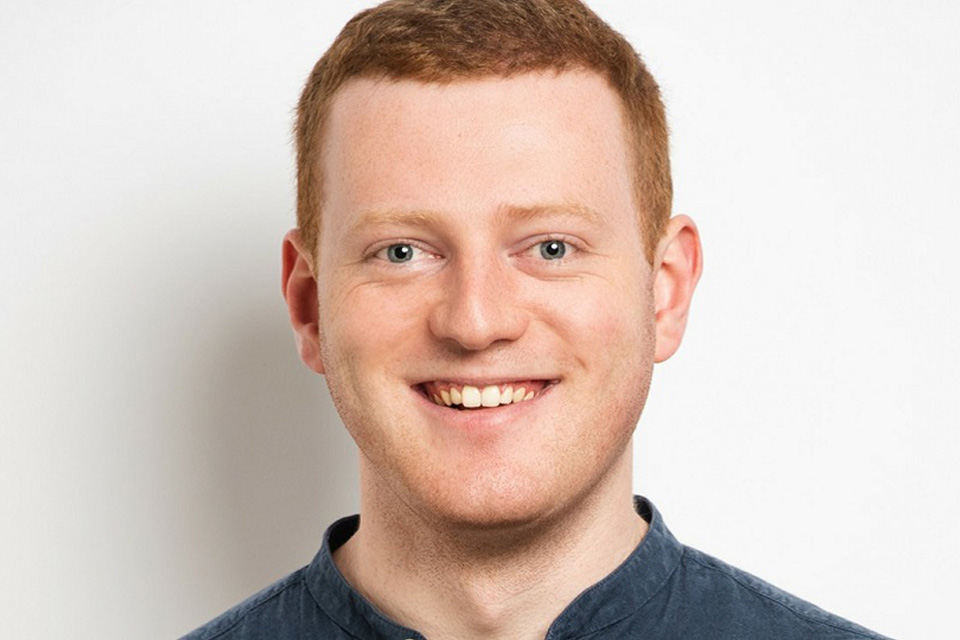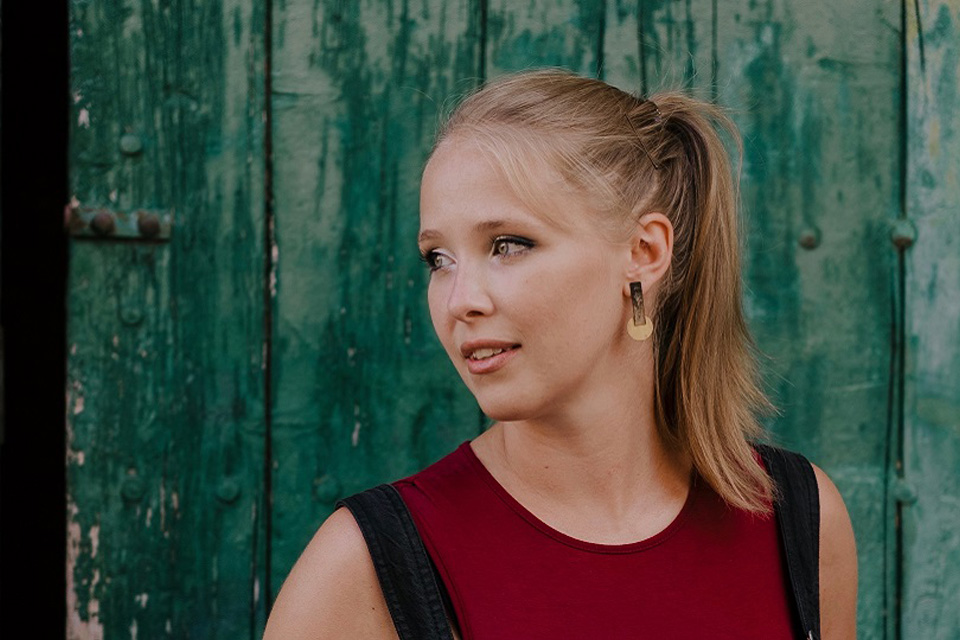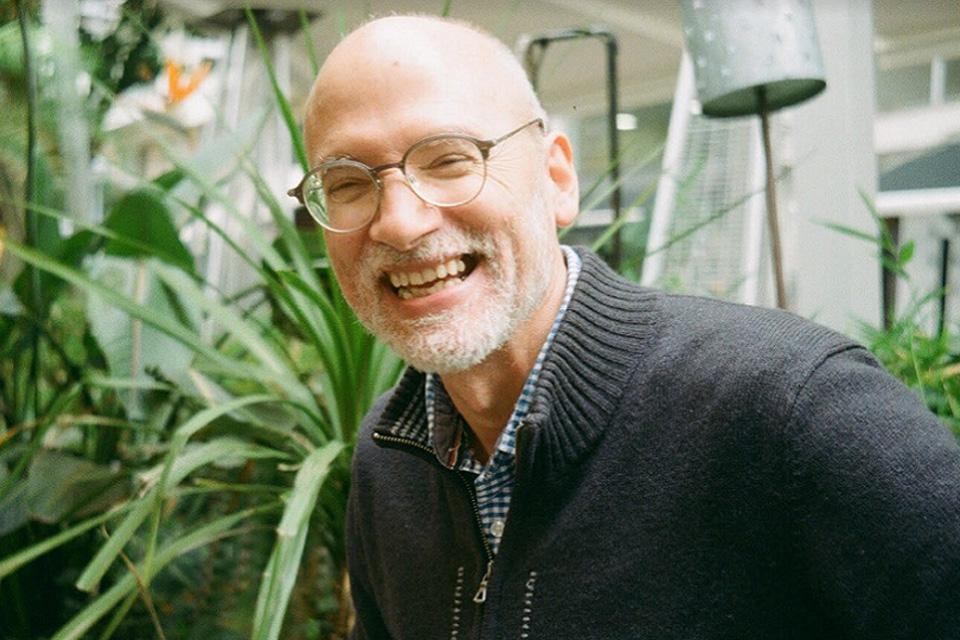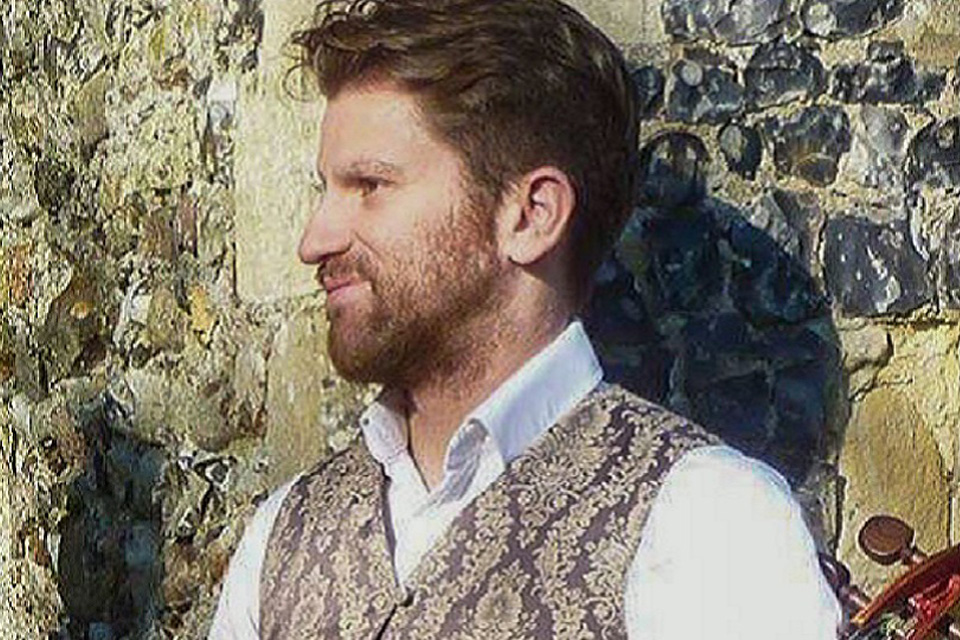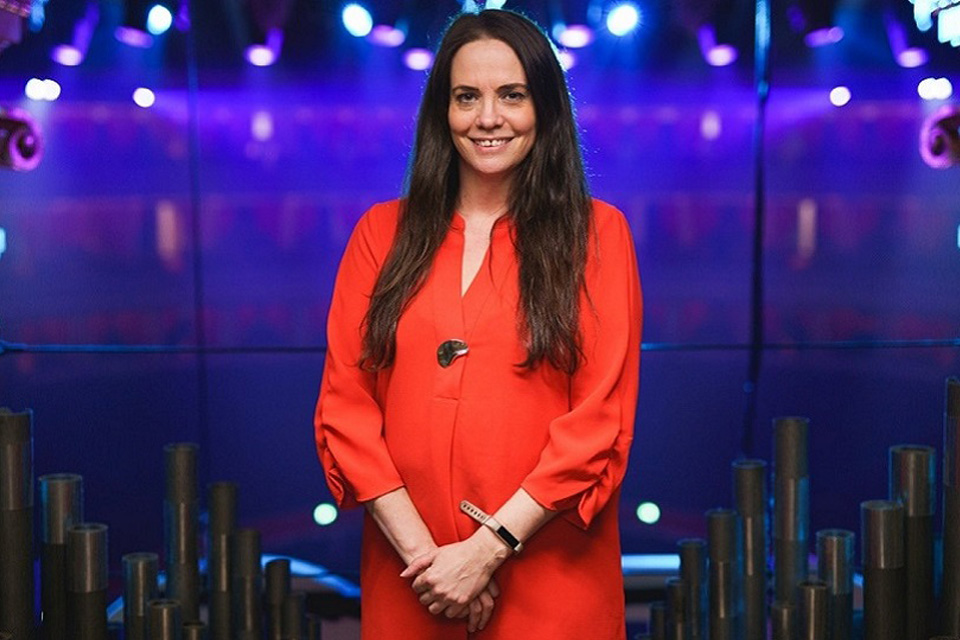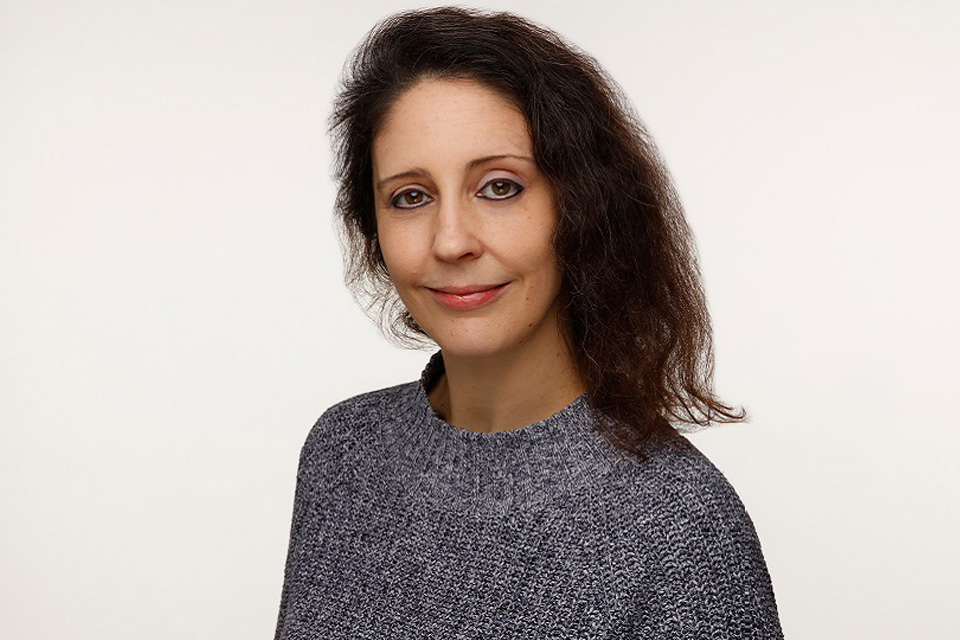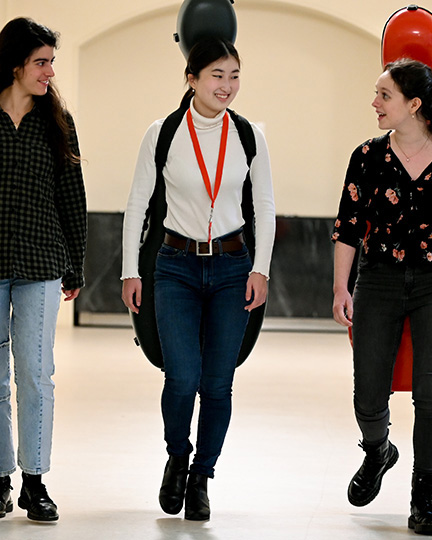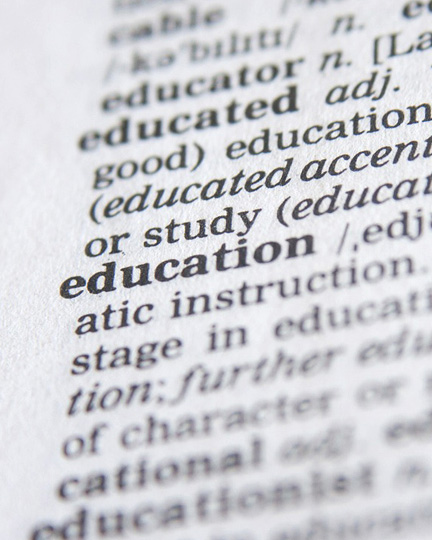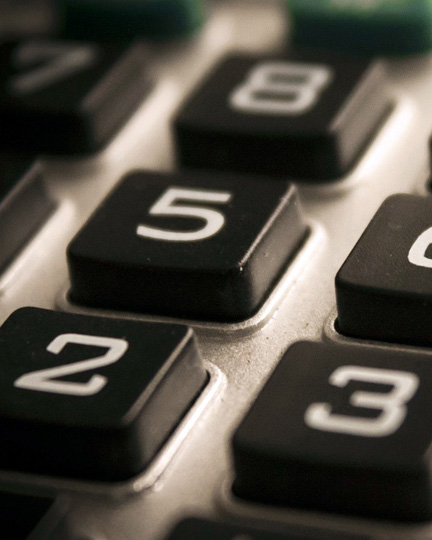Course overview
The Bachelor of Music (BMus) programme at the Royal College of Music offers exceptional professional training alongside rigorous supporting studies, preparing students for diverse careers in the music industry. Whether your focus is instrumental, vocal or composition, the programme nurtures artistic individuality while developing essential practical and professional skills. With a strong emphasis on creativity, technical excellence, career preparation, and entrepreneurial skills, the BMus degree equips students to thrive in a rapidly evolving musical landscape.
Your programme of study at the RCM is shaped by your principal study specialism, ensuring a tailored and immersive learning experience. Students receive individual lessons with world-renowned musicians alongside opportunities for solo, chamber, and ensemble performances. Core studies comprise aural skills, theory, improvisation, music history, music education, entrepreneurship and innovation, and health and well-being, fostering well-rounded professional and artistic development. A variety of elective options allows students to explore and refine their individual, artistic and professional interests.
Assessment in the BMus programme is designed to reflect the diverse skills required for a successful career in music. It is grouped into subject-specific, general, and key skills assessments, with tasks varying depending on the module. These include technical assessments, performance exams, and practical evaluations, as well as portfolios, essays, quizzes, and presentations in academic and theoretical modules. Additionally, students engage in critically reflective work, collaborative projects, workshops, and vivas in skills-based modules, ensuring a comprehensive approach to learning and professional development.


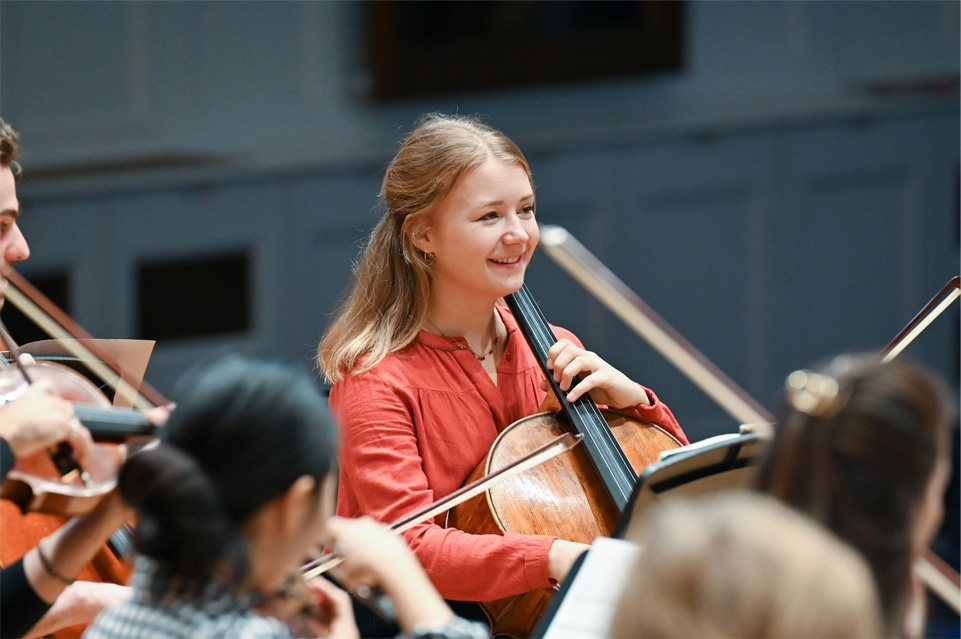
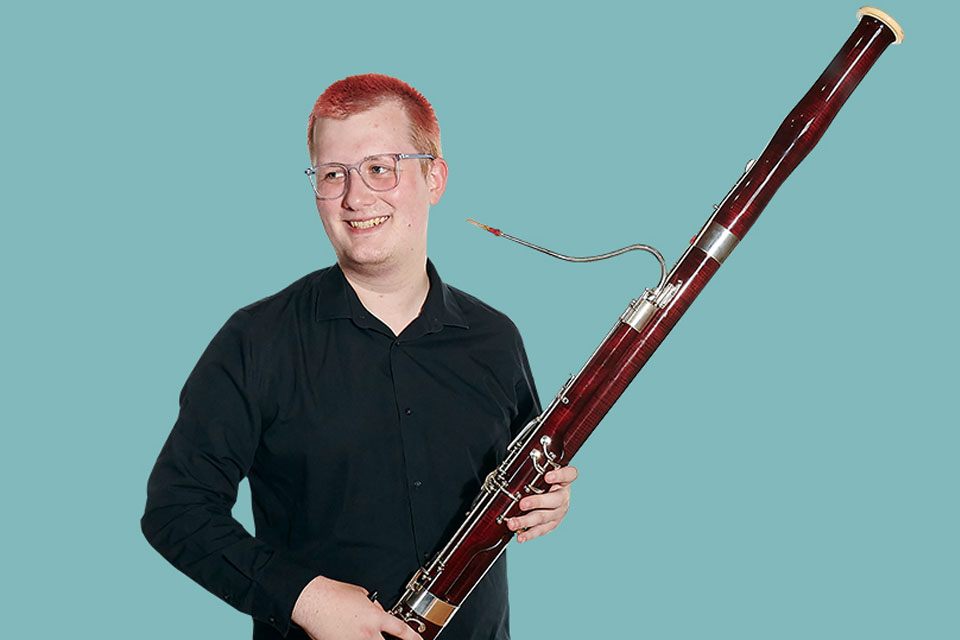
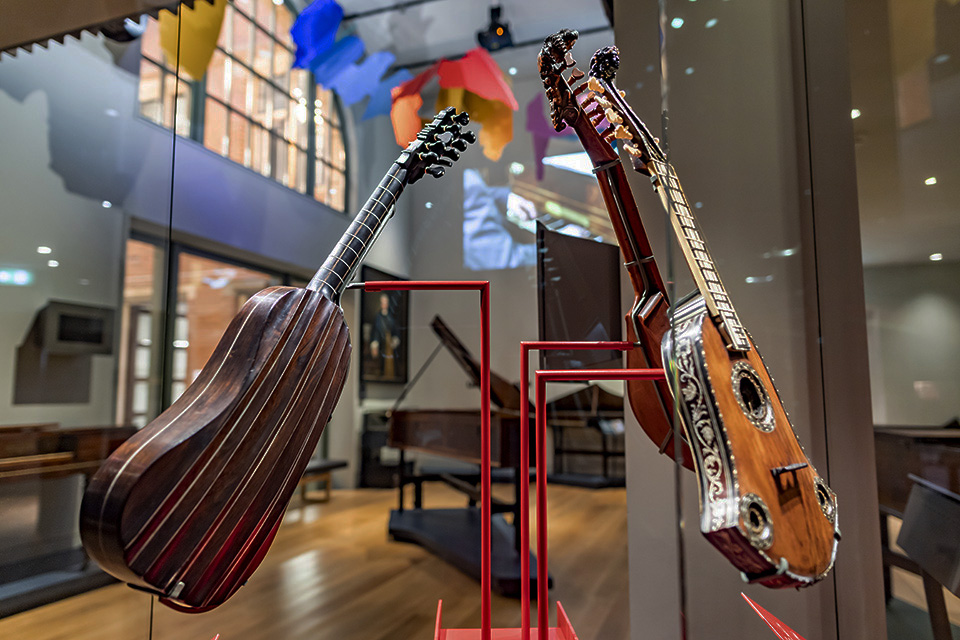
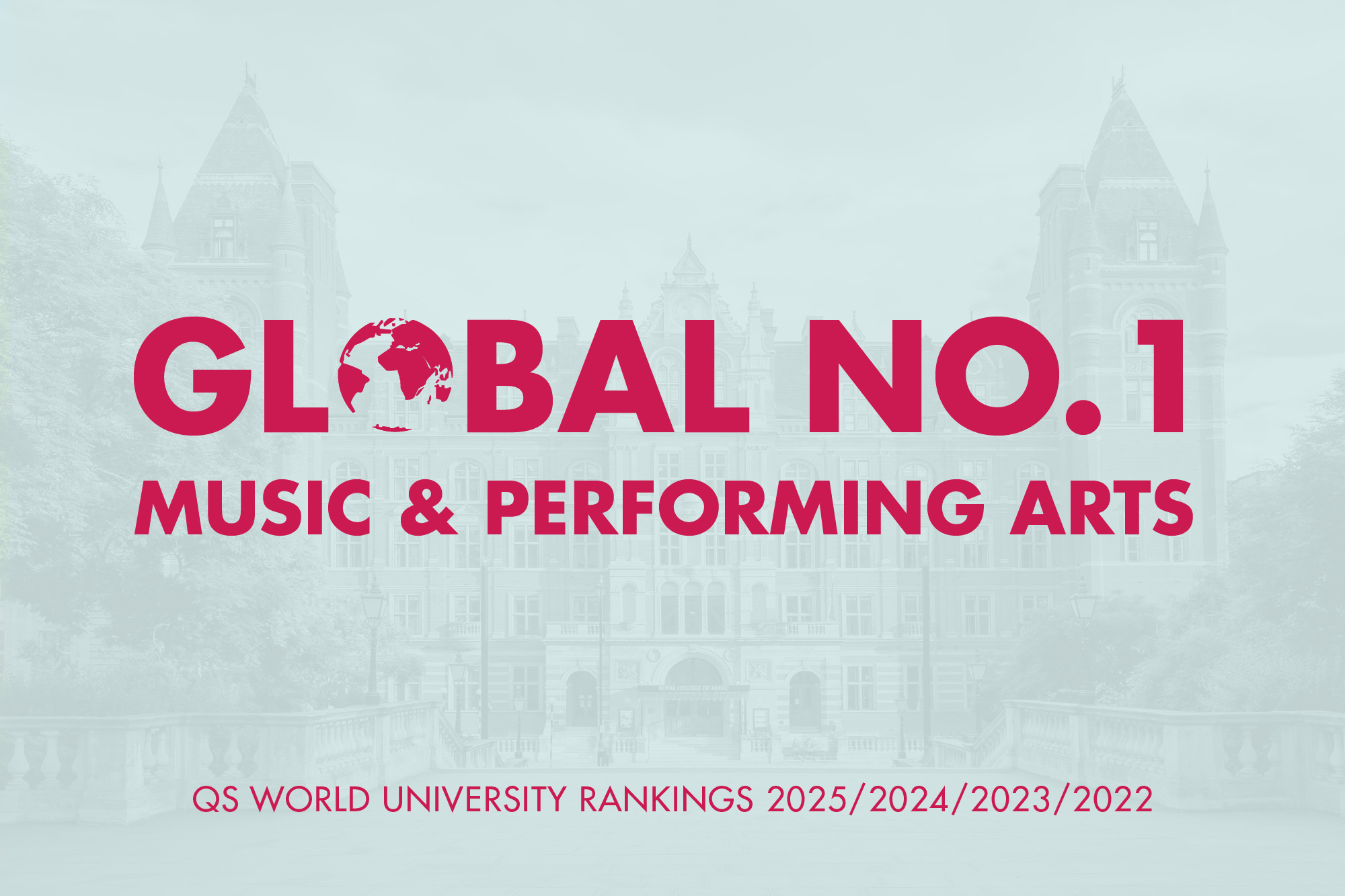

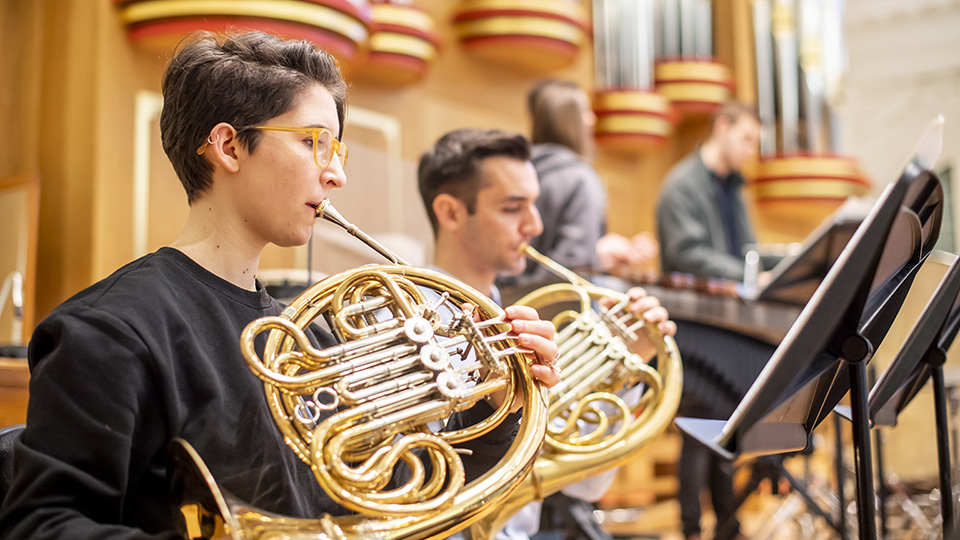
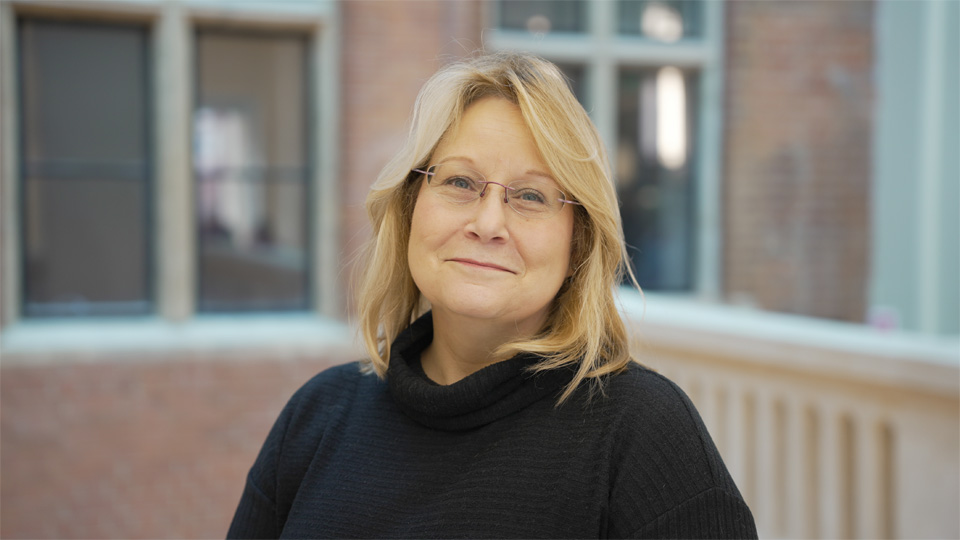
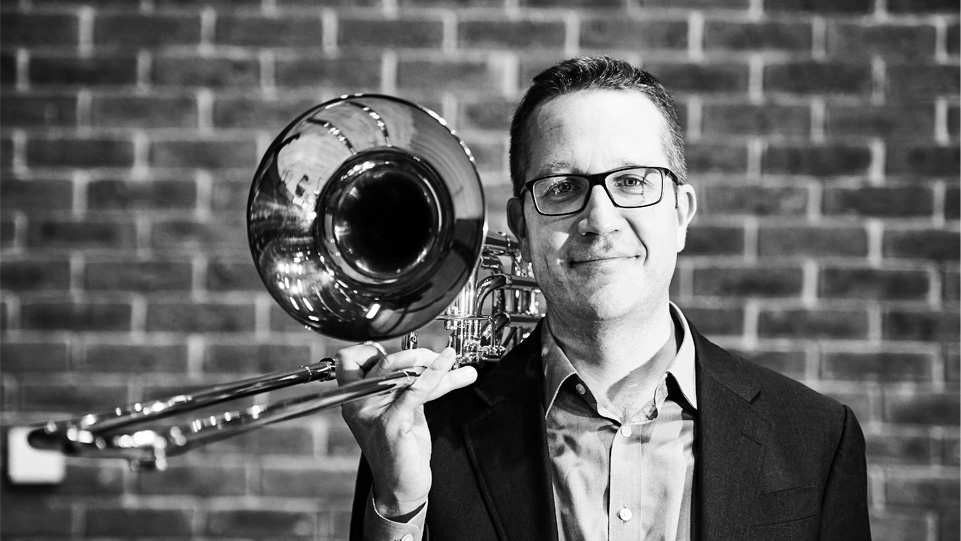

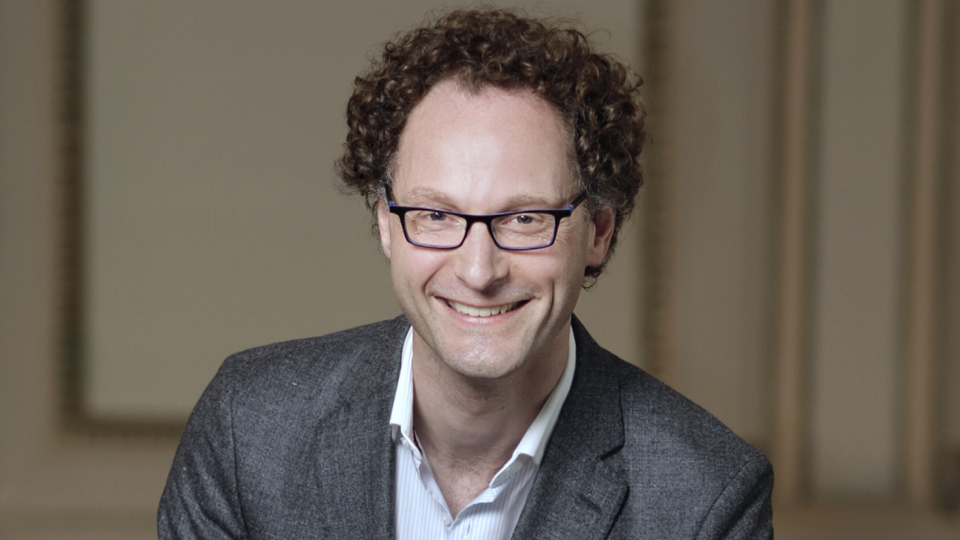
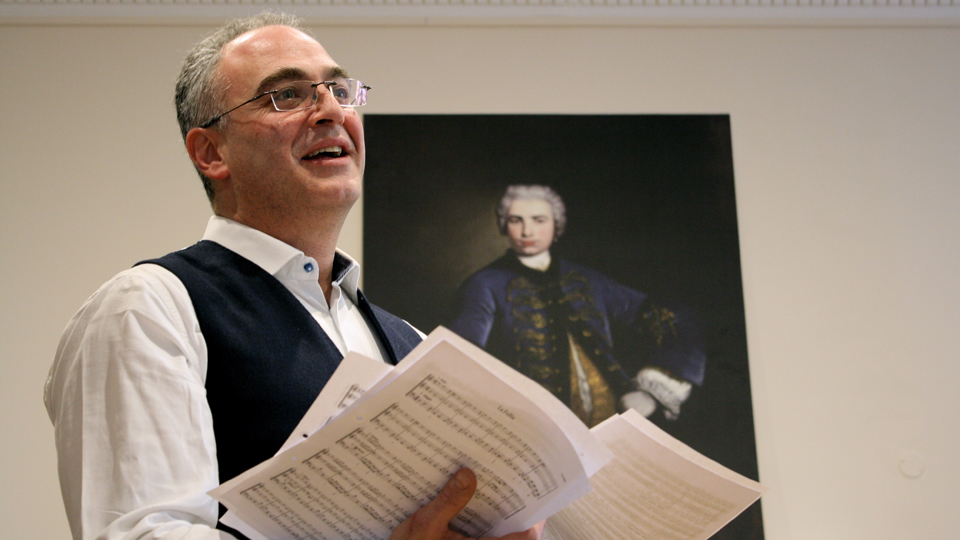
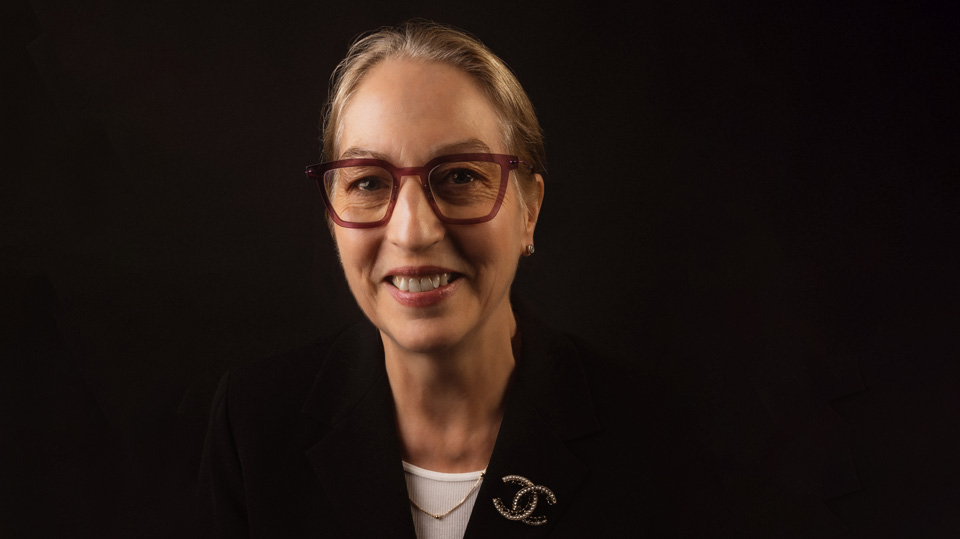
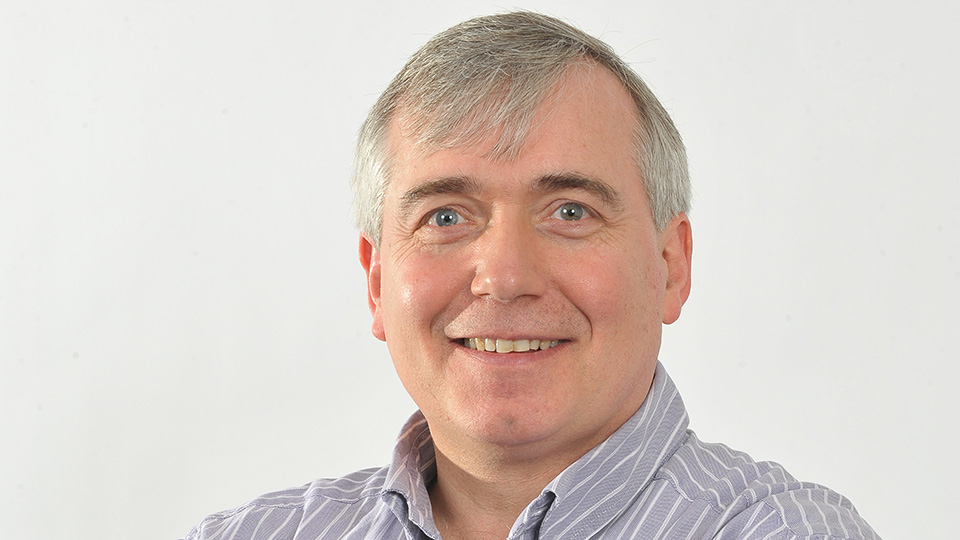
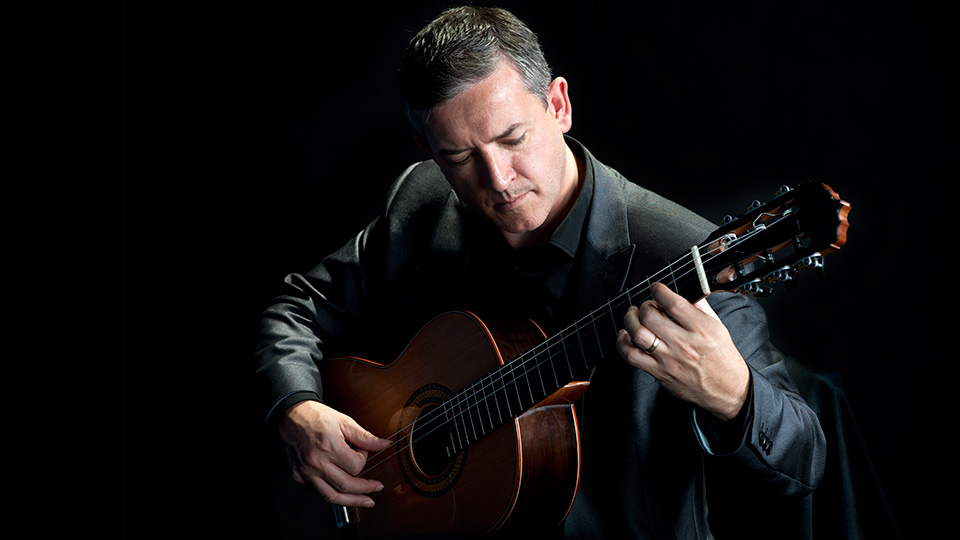
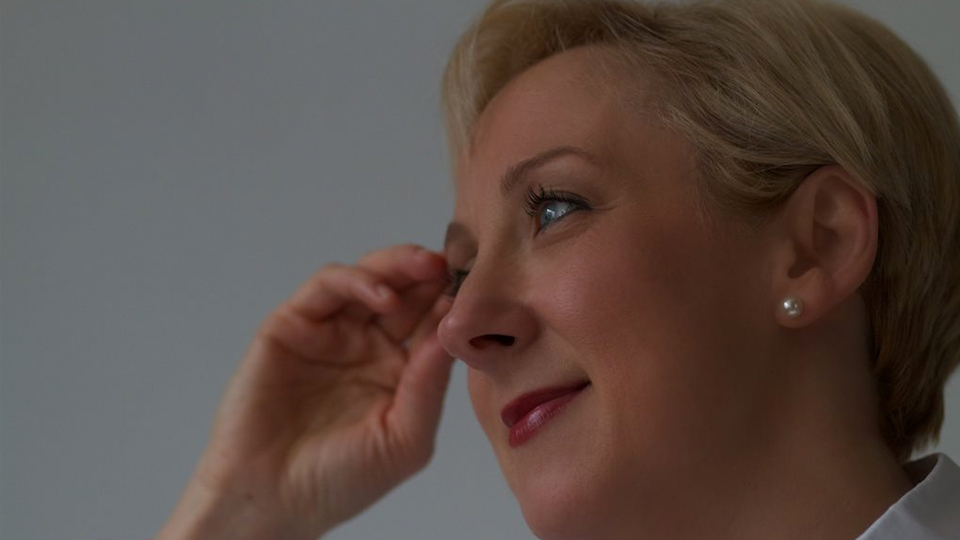
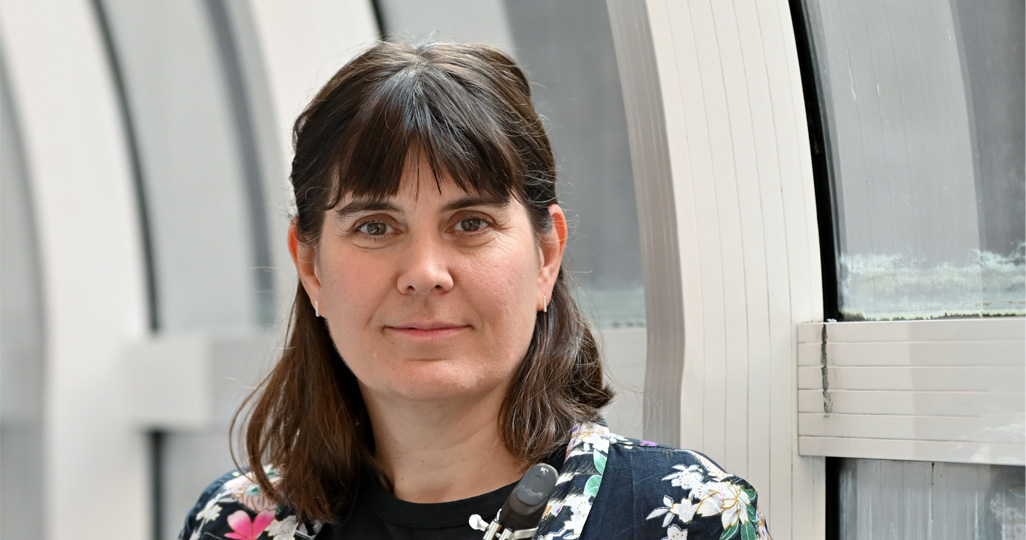
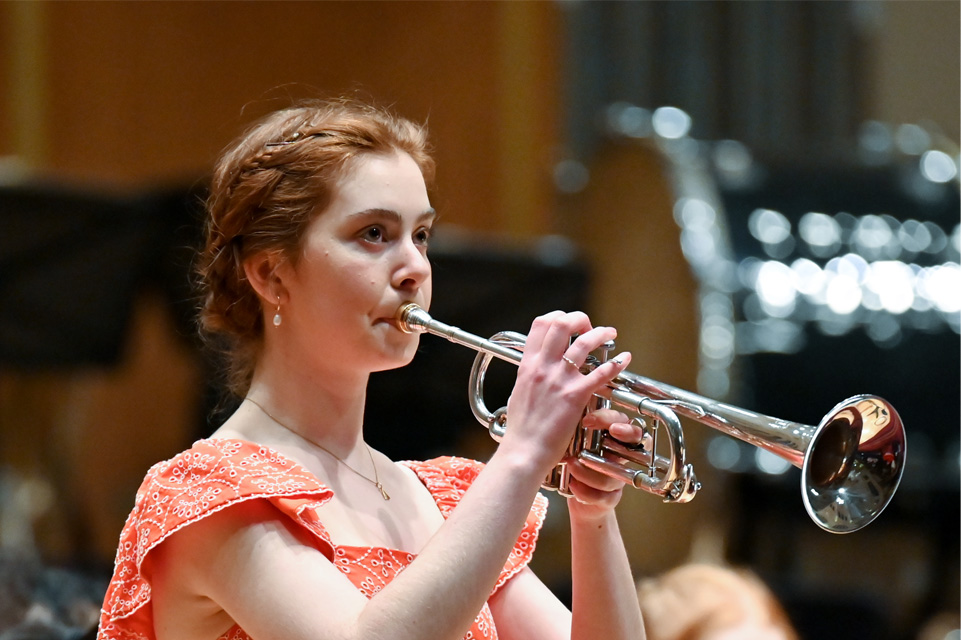
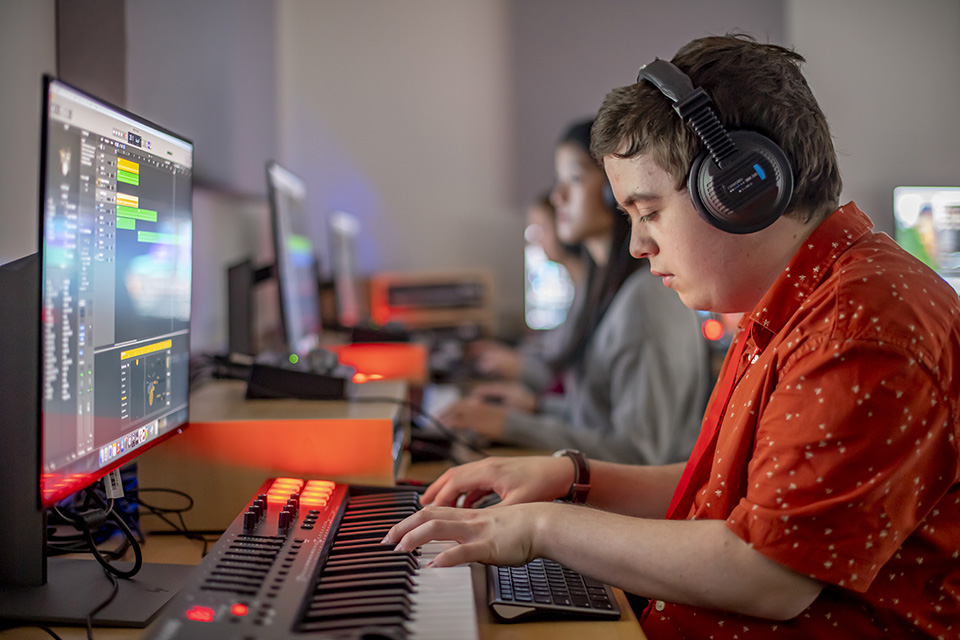
 6x4.jpg)
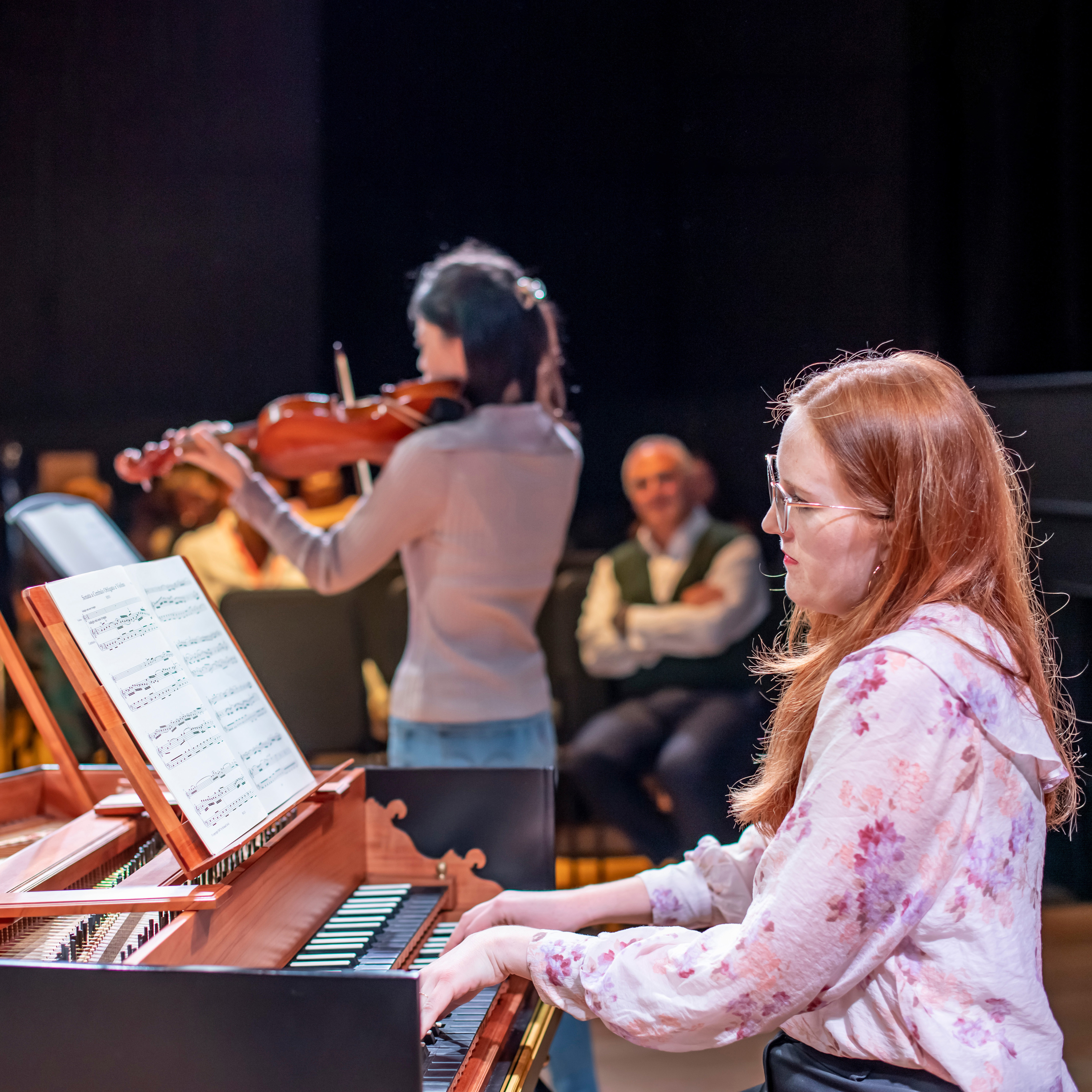
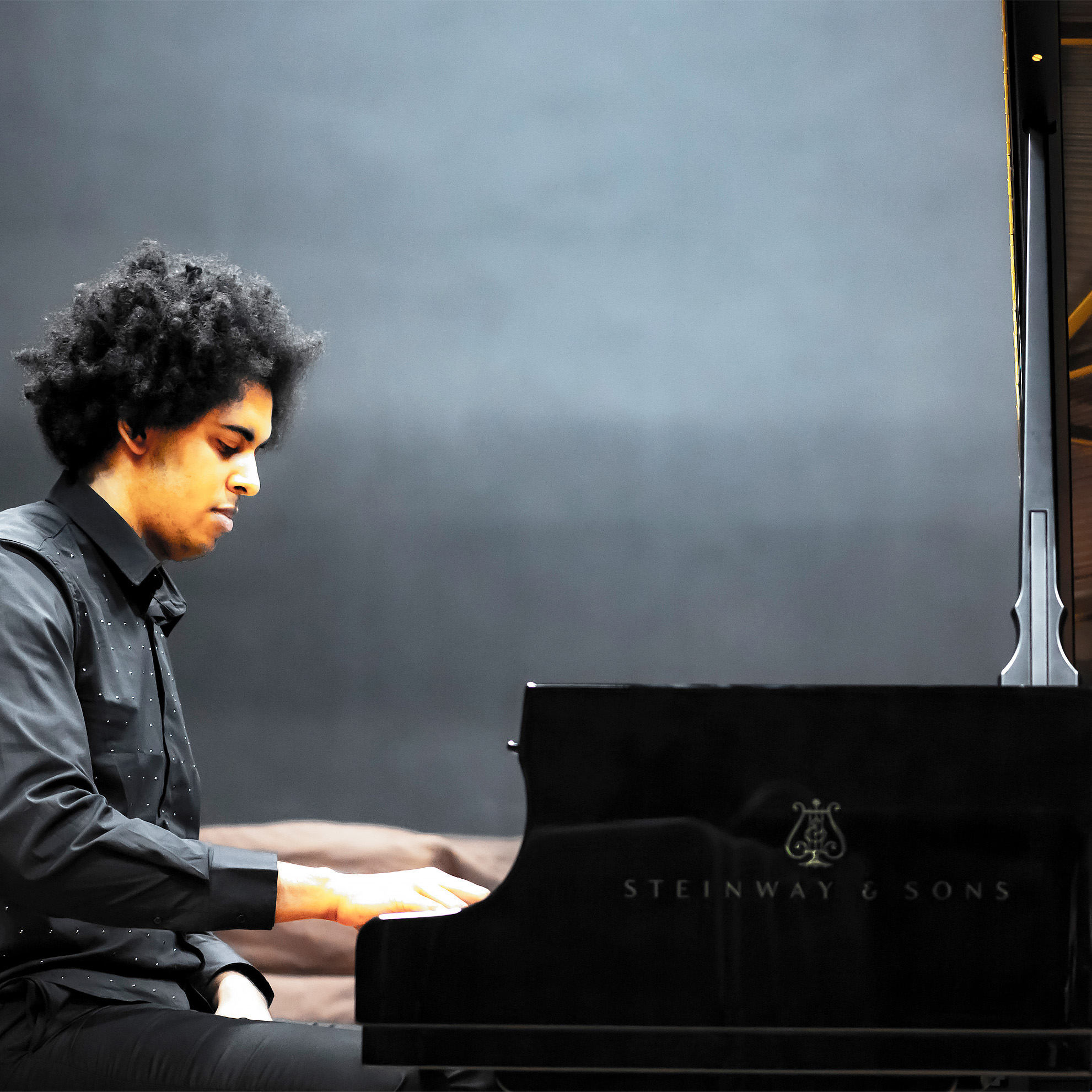
.jpg)
